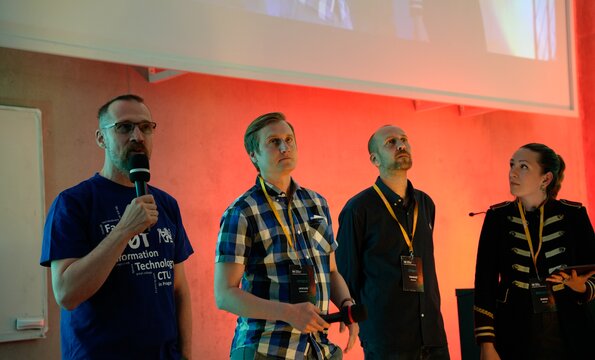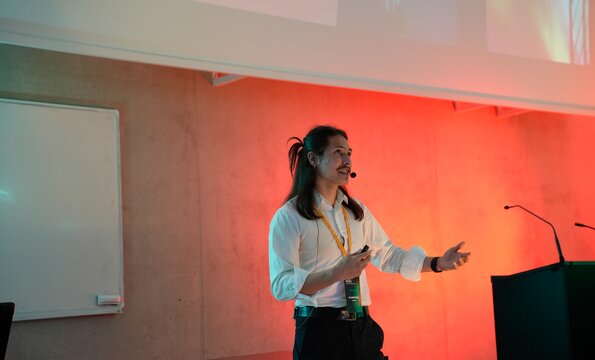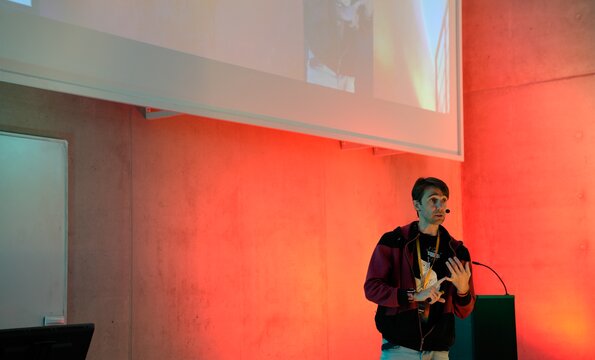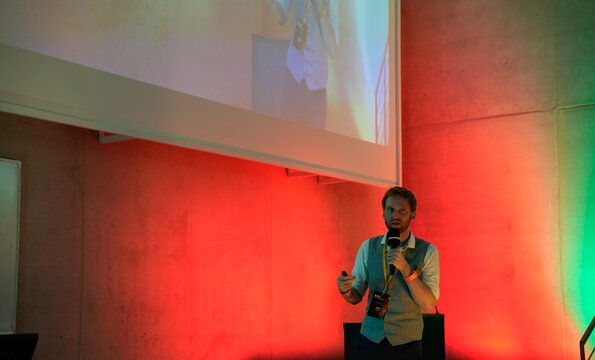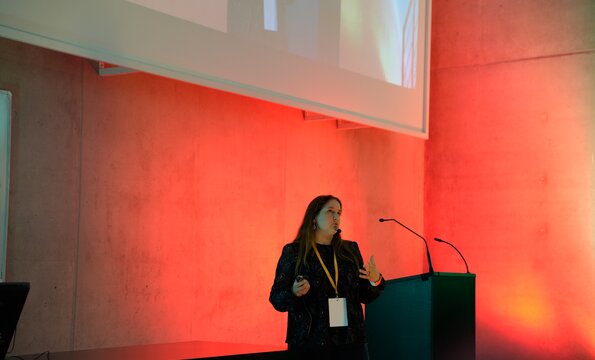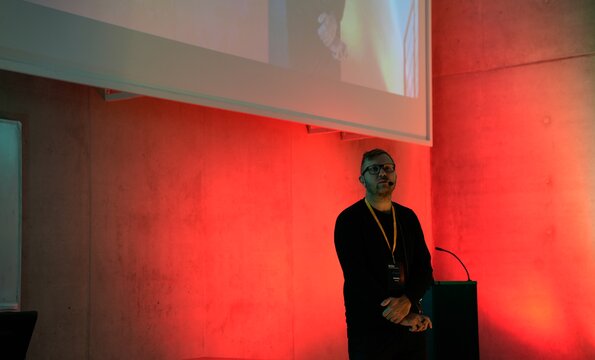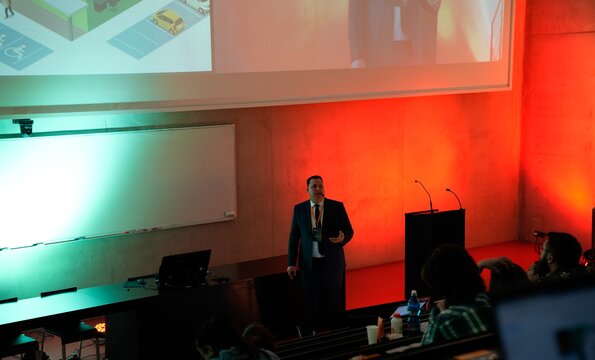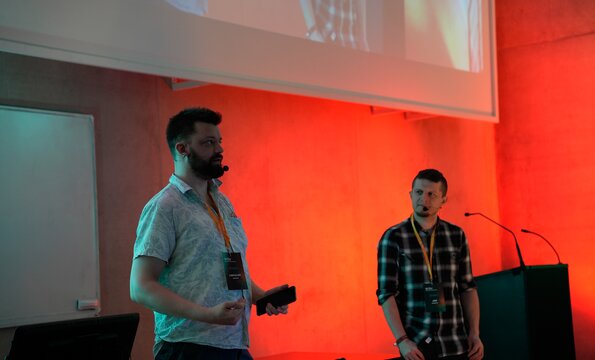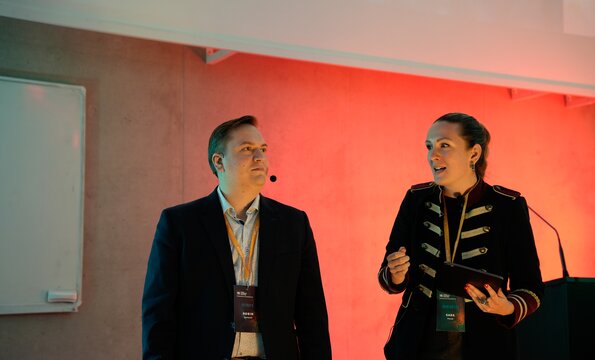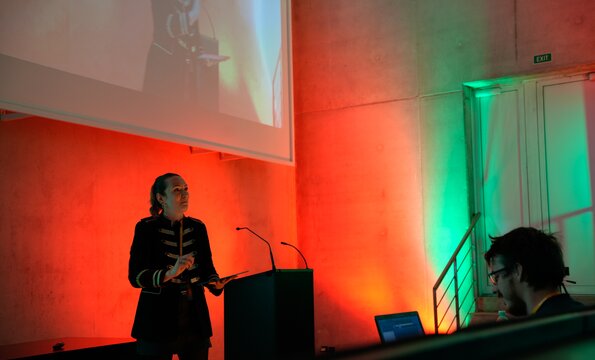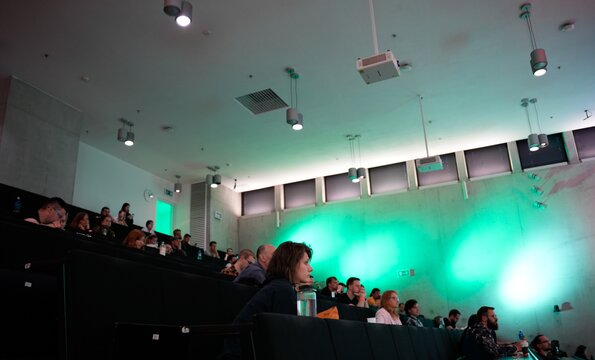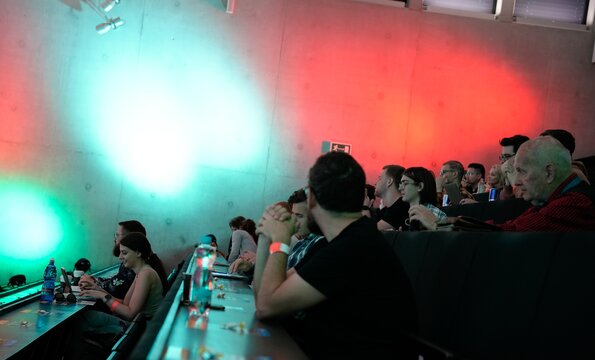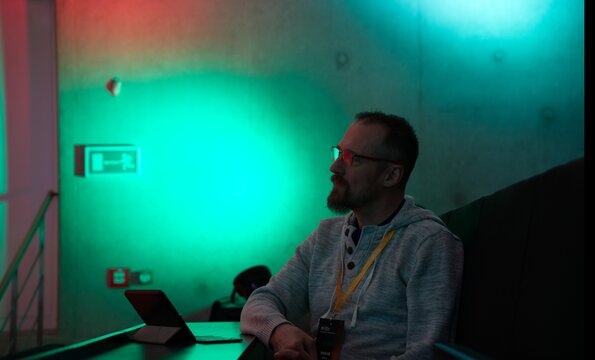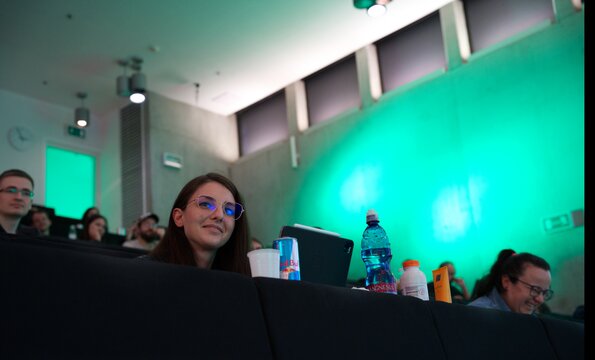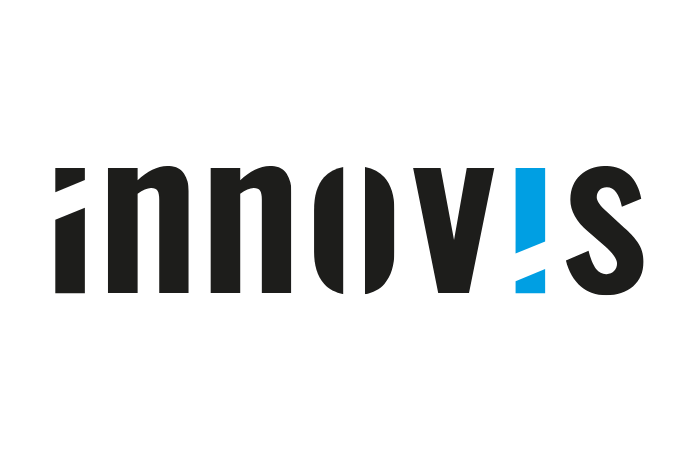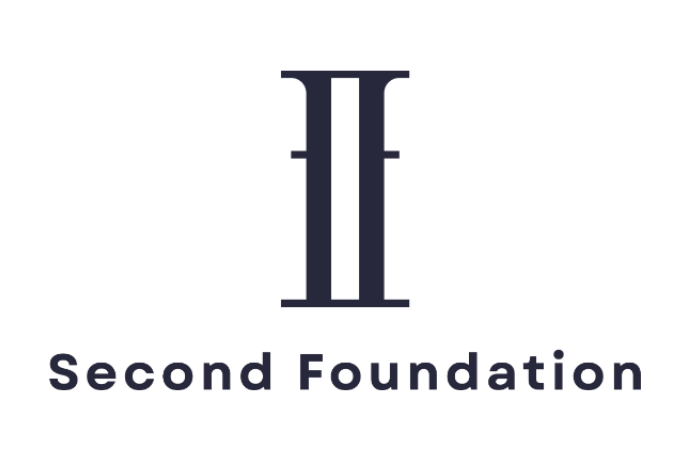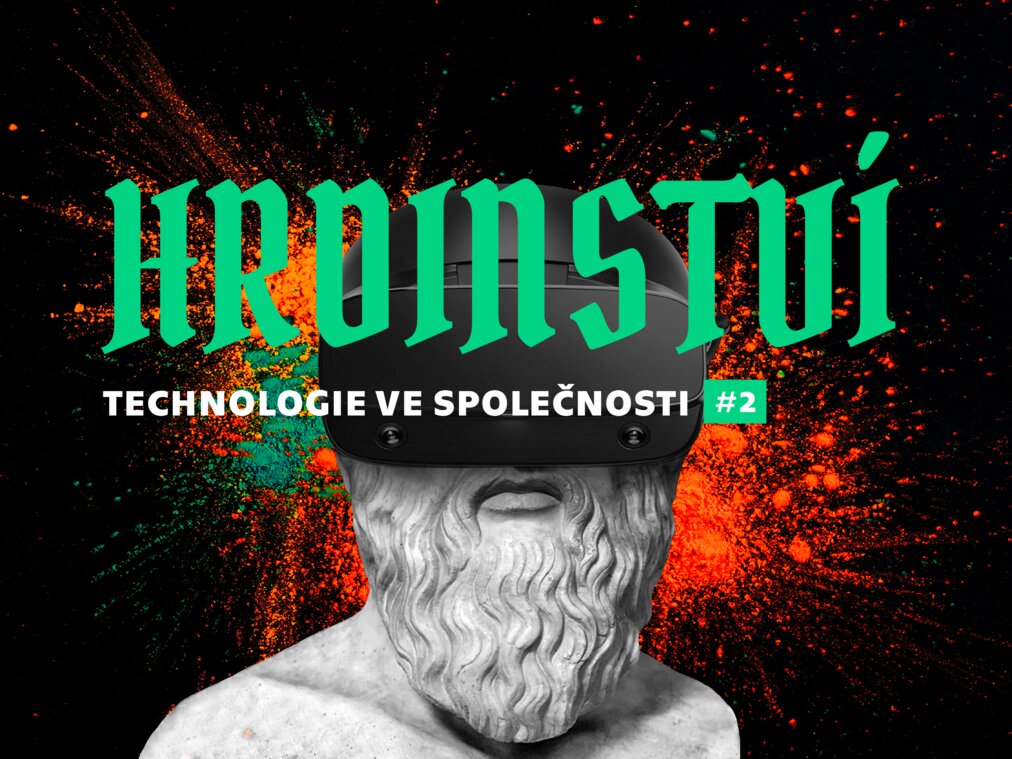
What opportunities for heroism are made possible by modern technology? And does heroism still have a place in our cloud world?
Heroism takes many forms. From grand gestures in the spotlight to other people’s invaluable actions. From courageous solutions to emergencies within minutes or hours to just seemingly routine day-to-day assistance to others spanning decades. From great scientific discoveries affecting the future of all mankind to even the smallest improvement in the day for individuals in our immediate vicinity.
Recording
Sara Polak will guide you through the conference
You can hear Sara on the faculty podcast, “Jedničky a Nuly”. She also hosts the visionary talk show, Technology Foresight, where she discusses the future of technology with experts from FIT and partner companies. She is a founder of the CCHAOS research group at FIT CTU.
Sara is originally an archaeologist and evolutionary anthropologist with rich experience in tech startups in LA and London. She focuses on the formation of the Cloud Civilisations concept, a mechanism of how to best use technology to optimize society’s evolutionary potential. She popularizes and demystifies AI for the general public.

Programme
Block 1
 Novinky ve výzkumu CCHAOS Research
Novinky ve výzkumu CCHAOS Research
10:00–10:30
Sara Polak, Tomáš Houdek, Jakub Šenovský, David Pešek, Vladislav Komkov
Skupina CCHAOS na začátek konference představí vše nové, co se za půl roku v jejím fungování událo. Bude řeč o výzkumu manažerských dovedností ve virtuální realitě, uvidíte první ukázky mobilní aplikace k oppidu Závist (tu nám ukáže přímo jeden z vývojářů – Vladislav Komkov) a nakonec se nastíní připravované či již rozběhlé projekty, které budou zahájeny v blízké budoucnosti.
 Blockchain v medicíně – prezentace vítěze Hackathonu na zdraví!
Blockchain v medicíně – prezentace vítěze Hackathonu na zdraví!
10:45–11:00
Honza Slavík | Business & Innovation Designer
Honza se věnuje byznys designu, inovacím a budoucnosti práce. baví ho hledání nových cest z pzpůsobů v tradičních i méně tradičních oborech. A vyloženě se vyžívá v hledání mezioborových přesahů a průniků nejen na pracovních projektech. Běhá a běh i trénuje.
Do hackatonu se přihlásil s nápadem, který nosil dlouho v hlavě. Systém zdravotní dokumentace postavený na blockchainu. Proč? Protože na blockchainu zatím moc užitečných věcí nevzniklo, a proto si chtěl dokázat že to nejde anebo jde. Reálný problém nízké interoperability dat a stavu zdravotní dokumentace si ověřil během pandemie a tento problém máme stále.
 Technologie a právo – hrdinství versus regulace
Technologie a právo – hrdinství versus regulace
11:00–11:30
Jan Zibner | Artiffine
Jan Zibner je spoluzakladatelem kreativního web3 studia Artiffine, kde působí zejména jako právní specialista. Soustředí se na přípravu pokročilých licenčních schémat, komplexní otázky IT/IP práva a compliance (s důrazem na AI a blockchain), ochranu osobních údajů v kontextu technologických trendů či obecnou právně-technologickou podporu jak v rámci jednotlivých blockchainových projektů, na kterých se podílí studio Artiffine, tak i externě coby of counsel pro vybrané advokátní kanceláře a společnosti soustředící se na umělou inteligencí či blockchainové prostředí. Coby spoluzakladatel Harvard NFT Task Force či člen Digital Economy Network se též pravidelně účastní diskuzí při přípravě legislativy v oblasti umělé inteligence a web3, a v rámci neziskových iniciativ jako AI dětem či NFT Insights se snaží podporovat osvětu o moderních technologiích.
Vystudoval Masarykovu univerzitu v Brně, kde získal i titul JUDr. (s prací na téma Tvůrčí činnosti autora v kontextu technologického vývoje) a Ph.D. (s prací na téma Umělá inteligence jako technologická výzva autorskému právu). V oblastech IT/IP navíc pravidelně přednáší, publikuje a vzdělává laickou i odbornou veřejnost.
Technologie a právo jsou odvěkým rivalem. Na jedné straně stojí rozmach moderního světa, na straně druhé pak regulace usměrňující rozšafnost vývoje. Byť se může zdát, že střet technologie a práva je nežádoucí, jejich rivalita vede k symbióze, vlivem které může být hrdinou každý z nás. Jaké je tedy aktuální skóre jejich zápasu? Na to se podíváme!
 Virtuální realita – nepřímé hrdinství pomocí technologií
Virtuální realita – nepřímé hrdinství pomocí technologií
11:30–12:00
Iveta Fajnerová | Národní ústav duševního zdraví
Iveta Fajnerová, psycholog a neurovědec, působí v Národním ústavu duševního zdraví jako vedoucí Centra výzkumu virtuální reality v duševním zdraví. Dlouhodobě se věnuje uplatnění VR technologie v péči o duševní zdraví a neuropsychologického výzkumu, ale také v oblasti výuky psychiatrie na 3. lékařské fakultě Univerzity Karlovy.
Přednáška bude pojednávat o možnostech uplatnění technologie virtuální reality (VR) v péči o duševní zdraví a představí řadu příkladů, kde může VR pomoci a to nejen osobám s duševním onemocněním. První část přednášky představí projekt malého virtuálního města VRcity určeného pro kognitivní trénink seniorů a osob s mírným kognitivním deficitem. V oblasti terapeutické péče u osob trpících úzkostnou poruchou bude představena řada projektů zaměřena na tzv. expoziční terapii v prostředí virtuálního města, domácnosti nebo nemocnice. Nebude však chybět ani ukázka použití relaxační aplikace VRbreathing podporující nácvik hlubokého rytmického dýchání. Na závěr bude krátce představen také projekt věnovaný využití VR technologie v nácviku náročné komunikace u příslušníků policie.
 Hacking as a life challenge
Hacking as a life challenge
12:00–12:30
Pavol Lupták | Paralelní Polis, Nethemba
Pavol Lupták is a Slovak IT expert and cryptoanarchist. He is known for his work in computer hacking, cybersecurity and technological innovation. He started as a computer hacker and, over time, has earned many prestigious IT security certifications.
In 2007, he founded Nethemba, a company specializing in penetration testing and ethical hacking. This company provides various organizations and companies with IT infrastructure and systems security services.
Pavol Lupták is also known for his role in cryptoanarchy and voluntarism. He is concerned with the idea of the free and decentralized use of technology that could bring new possibilities and independence to individuals in society.
Block 2 | Cinema
 Fake history and fake storytelling as a means of challenging heroism
Fake history and fake storytelling as a means of challenging heroism
12:30–13:00
Joshua Goode | The Aurora-Rhoman Institute of Archaeology and Cultural Relics
Joshua Goode is an artist researching and developing mythic historical misinterpretations and manipulations in an effort to expose the malleability of our past, present and future.
His alternate history and mythology preserve memories of childhood by reimagining objects and imagery from his youth as iconic ancient artifacts. He created the fictitious Texas based Aurora – Rhoman civilization inspired by the achievements of major historical figures. Having studied history and worked as an archaeologist on many actual excavations, he conducts staged excavations around the world, working with the community as a performance. His constructed artifacts of the invented civilization mix fact and fiction to appropriate and distort the history and myths of each region he engages. The actual and fake objects “found” during these digs have been exhibited in Spain, Germany, Russia, Croatia, Egypt, Italy, China, Belgium and the US, among others.
His faux research institute, The Aurora-Rhoman Institute of Archaeology and Cultural Relics, examines the evidence of my ancient civilization at locations around the world. Inspired by amateur archeologists such as Heinrich Schliemann who discovered Troy and by past elaborate hoaxes like that of the Piltdown Man, uses his “discoveries” to manipulate and verify his invented civilization. The archaeological performance and installation begin with extensive historical research and end in an exhibit. The discoveries and claims are false and absurdly comical but based on real research.
 Role of charisma in leadership and social evolution (keynote)
Role of charisma in leadership and social evolution (keynote)
13:00–13:30
Robin Dunbar | Oxford University
Robin Dunbar is a British anthropologist and evolutionary psychologist known for his research and theories regarding social relationships and group size in primates, including humans. He is best known for his concept of Dunbar’s number, which deals with the maximum number of stable social relationships humans can maintain. Robin Dunbar is a Professor of Anthropology at the University of Oxford and has published many research studies and books that have contributed to our understanding of social relationships and human behaviour. His work has had a significant impact on the field of social psychology and anthropology.
 Urbanism and enabling public heroism
Urbanism and enabling public heroism
13:30–14:00
Isaiah Murray | The College of Art & Sciences
Having varied research and professional experience at the intersection of urban planning and information science, Isaiah Murray has acquired a myriad of skills for serving the public through different mediums and at various scales. Specializing in using technology to uplift marginalized communities, he understands that diversity, equity, inclusion, and accessibility are foundational to bridging people together and establishing clear goals. He holds a Dual Master’s Degree in Urban Technology from Cornell Tech, and a Bachelor of Science in Urban & Regional Studies and a Bachelor of Art in Information Science from Cornell University.
This talk will outline three applications of virtual reality (VR) in urban planning where community members will be empowered to create and experience urban design in immersive virtual environments (IVE). By situating community members as the leaders of their future, they are able to become their own heroes in shared urban spaces. The three applications include 1.) offering photogrammetry as a tool for small business owners to imagine a new design for their building facades in a redeveloping area 2.) creating a shared immersive virtual environment learning experience for urban farmers, and 3.) empowering students to collectively design their college campus using handmade 3D models.
Block 3
 Chránění budov, prostor, a symbióza lidí a strojů
Chránění budov, prostor, a symbióza lidí a strojů
14:00–14:30
Martin Giebel | INNOVIS
Martin Giebel je odborník v oboru bezpečnosti se zaměřením na retailový segment, a působí na pozici produktového manažera společnosti Innovis, technologické divize M2C, která se zaměřuje na technologické inovace v oblasti bezpečnosti, řízení budov a facility managementu.
Martin věří, že technologie by měly sloužit lidem a pomáhat jim prožít svůj život. Je to základní hodnota, kterou se snaží prosazovat ve své práci, a která ho motivuje k tomu, aby neustále hledal nové a lepší způsoby, jak technologie využít k dosažení tohoto cíle.
 Etika autonomních vozidel: biologie, design & AI
Etika autonomních vozidel: biologie, design & AI
14:30–15:00
Robin Kopecký | UMPRUM
Vzděláním evoluční biolog a filosof. Pracuje jako vědecký pracovním na UMPRUM, kde zkoumá filosofii techniky a na Filosofickém ústavu Akademie věd, kde se zabývá kognitivní vědou o náboženství. Vyučuje experimentální filosofii, logiku a bioetiku. Je členem Centra Karla Čapka pro studium hodnot ve vědě a technice.
V přednášce se pokusím navrhnout odpovědi na následující otázky:
- Jakým problémům čelí tvůrci softwaru z hlediska etiky robotiky?
- Může biologie napomoci designu AI?
- Je správné nechat přejet kolemjdoucí nebo obětovat posádku?
- Jaké jsou morální intuice pro řešení sociálních dilemat autonomních vozů?
 Sláva po smrti – kdy se tvoří hrdinové?
Sláva po smrti – kdy se tvoří hrdinové?
15:00–15:30
Vědátor | Ladislav Loukota a Jan “JaRon” Tomáštík
 Space – the exploration of martyrdom, leadership, heroism, pioneering
Space – the exploration of martyrdom, leadership, heroism, pioneering
15:30–16:00
Brendan Hall | Filmmaker, Dear Moon Crew Member
Brendan Hall is a documentary filmmaker telling stories in the natural world and beyond. His projects have brought viewers on adventures that explore the frontiers of our human spirit, from following a remote medical expedition through the Amazon rainforest to scientists unearthing wooly mammoth bones in Siberia.
In 2022, Brendan was globally announced as a crew member of the dearMoon lunar mission led by Japanese entrepreneur Yusaku Maezawa. Selected from over 1 million artists and creatives around the world, he will join Maezawa and 7 other crew members on the first ever civilian flight around the moon with SpaceX as soon as 2023.
Brendan’s talk will be in the form of a pre-recorded interview we’re doing together.
 Co jste si zapamatovali ze dne? Tajná cena součástí!
Co jste si zapamatovali ze dne? Tajná cena součástí!
16:00–16:30
Pub quiz
Výherce pub quizu získá vstup na after party do Fun Areny.
Afterparty
Come to the Fun Arena after the marathon of talks! A look at video game history in the Cyber Arcade and the Mana Potion board game club awaits you.
Conference visitors have a discounted admission fee of CZK 350 (payment by card or cash, you must show your conference ticket).
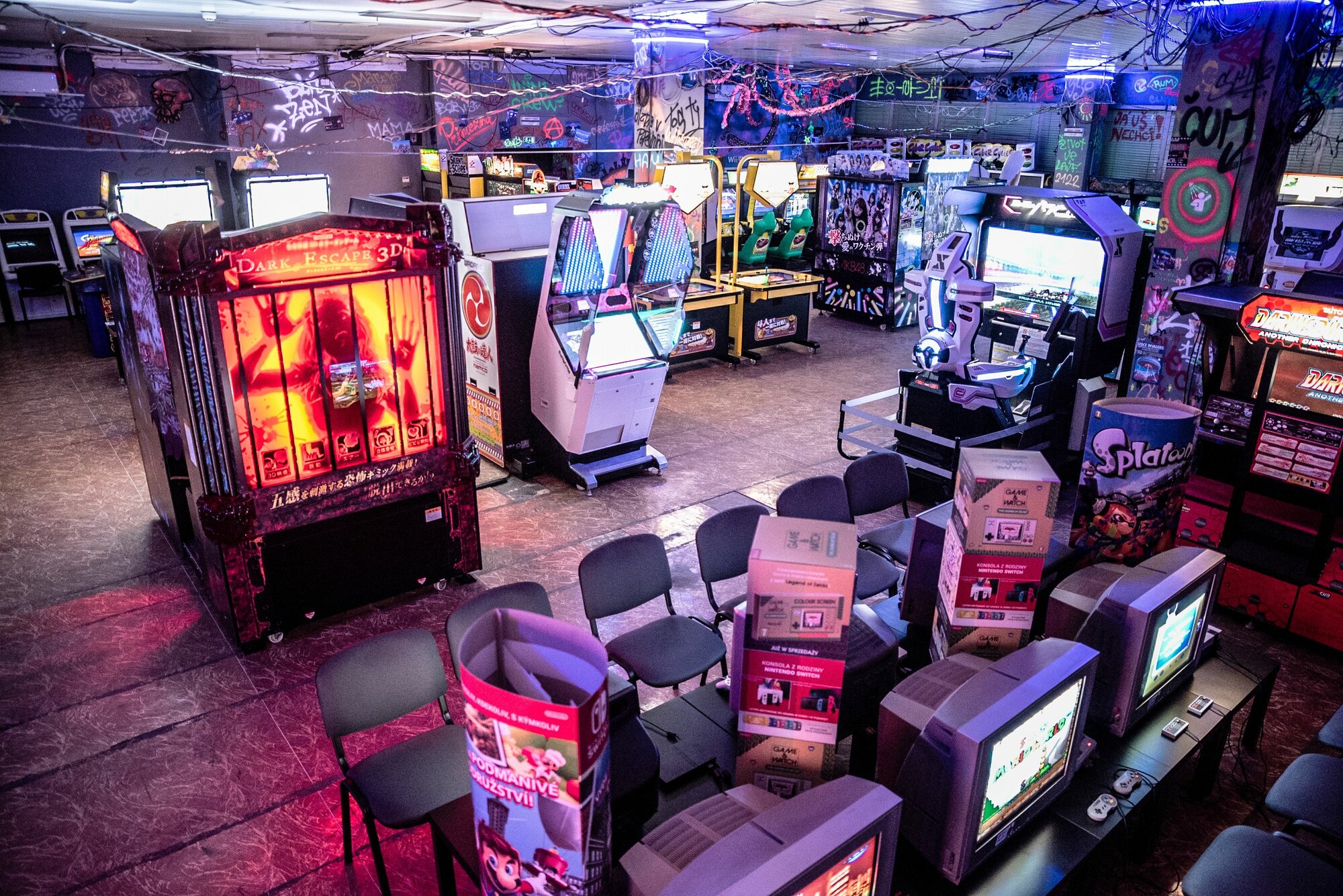
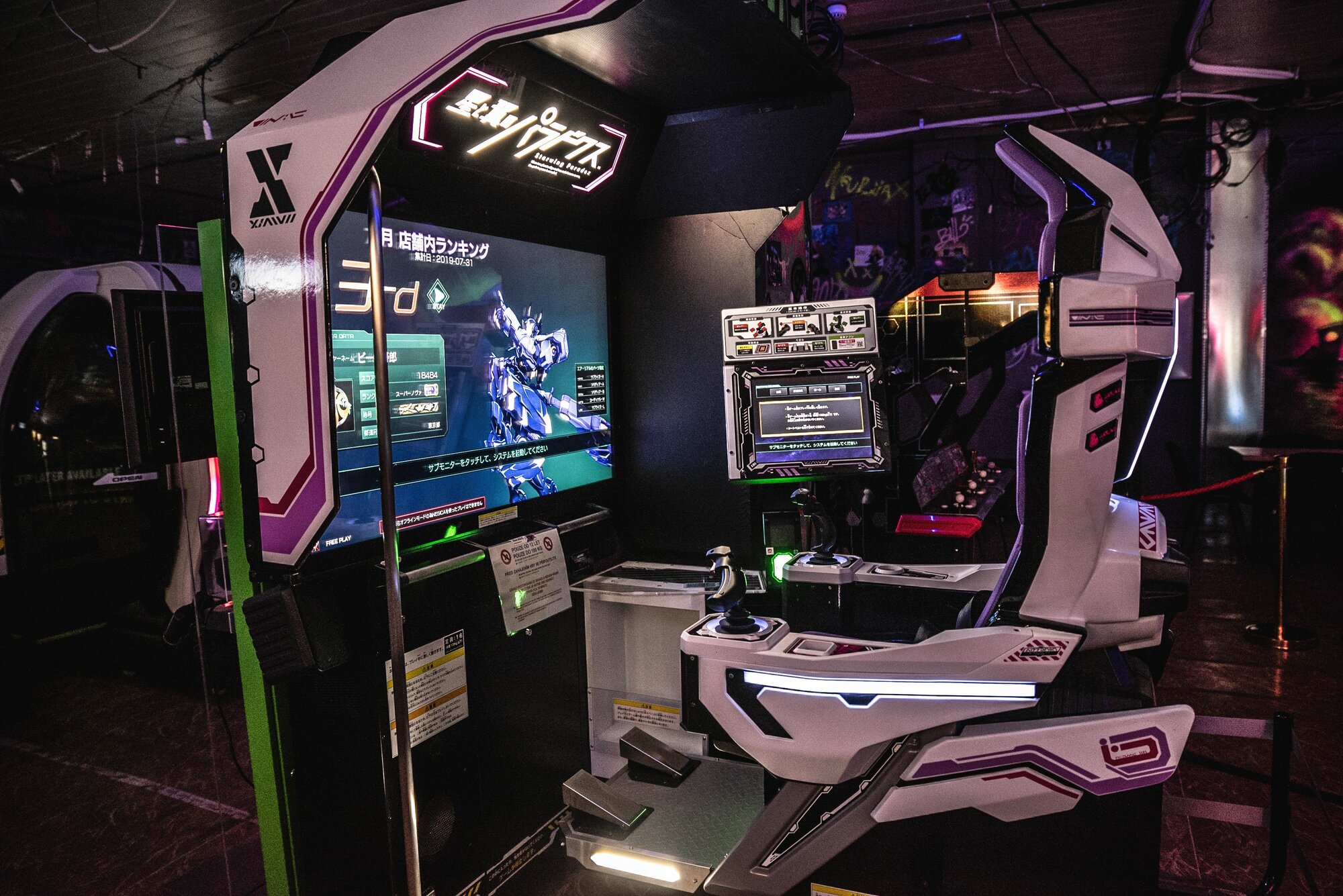
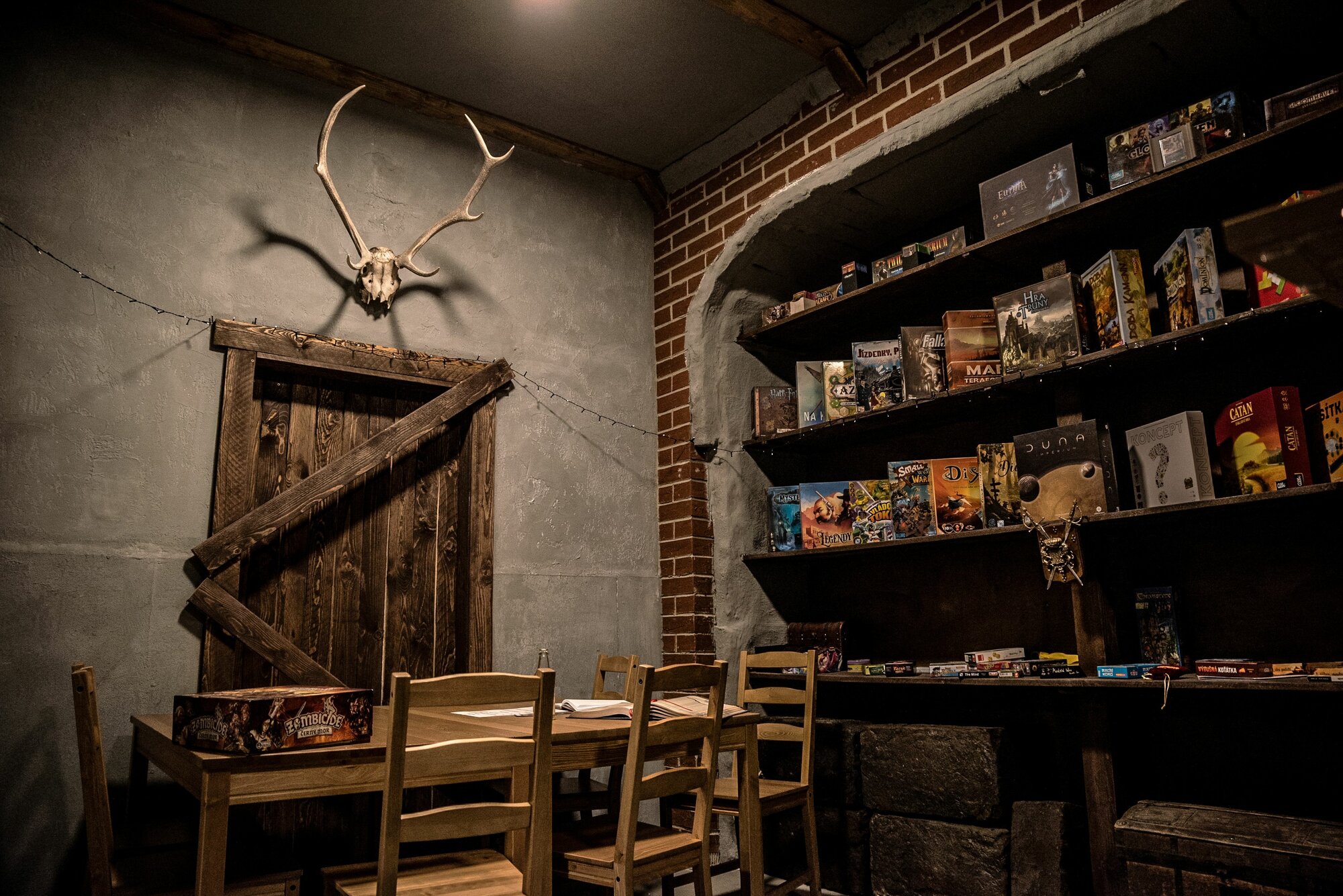
For whom the event is intended
If you are interested in technology, science, culture and want to get a new insight into our society, then you must not miss this conference! Admission to the event is free after prior reservation. Suitable for academics, students and the general public. Come with us to find answers to the forms of heroism. We look forward to seeing you!
About the conference
The Technology in society conference will bring you closer to the diverse aspects of human society – from medicine to finance and exciting technologies such as AI or blockchain.
The world around us is complicated – crises, wars, schizophrenia of society’s identity. We are not the first wave of humanity to deal with the issue of social complexity. But we are the first wave of humanity who have the most modern technologies at our disposal to understand why we behave the way we do.
With this intent, the CCHAOS (Cloud Civilisations, Honest, and Optimised Systems) research group was created at FIT CTU. It aims to multidisciplinary examine the phenomena of social complexity.

